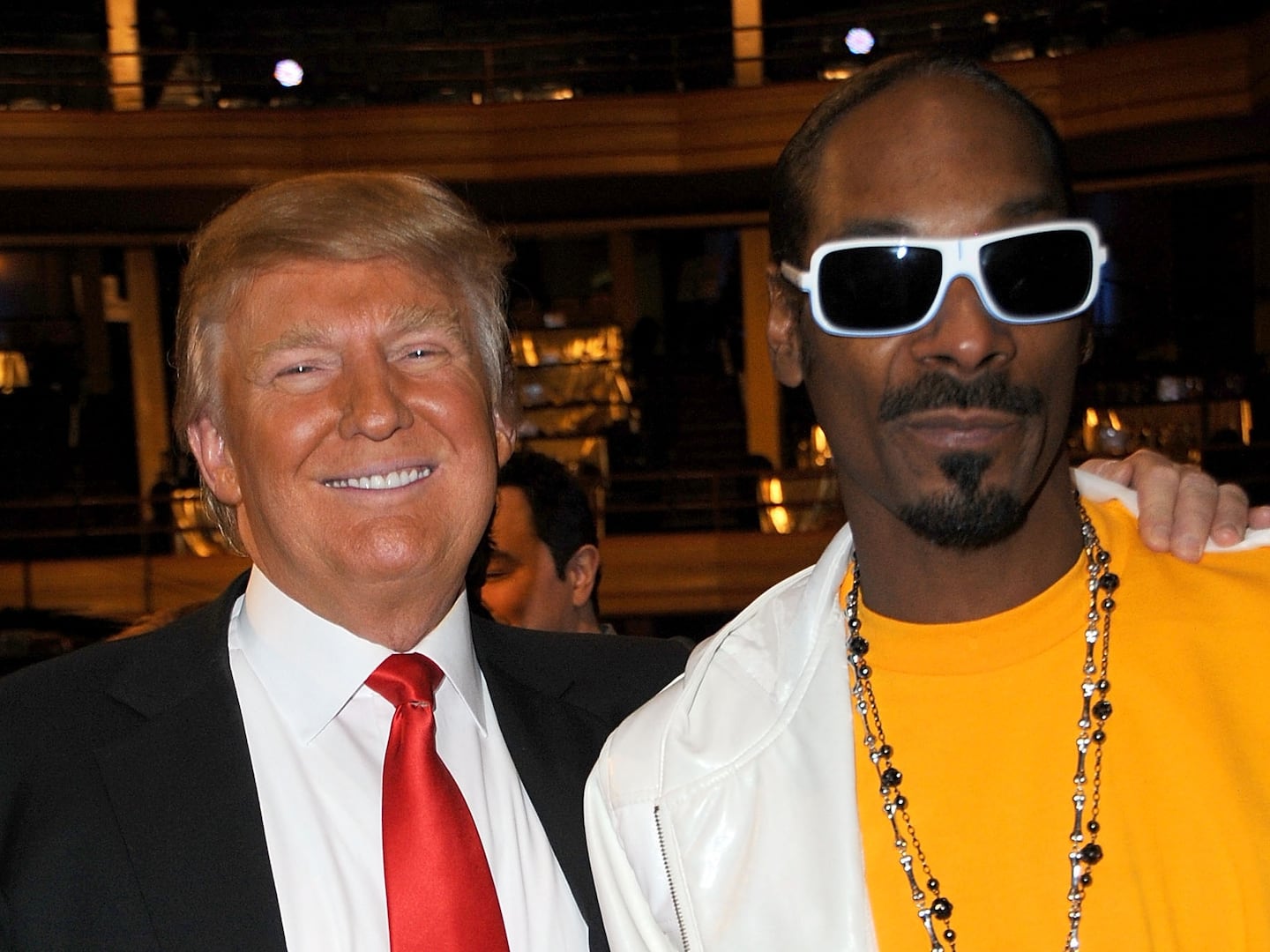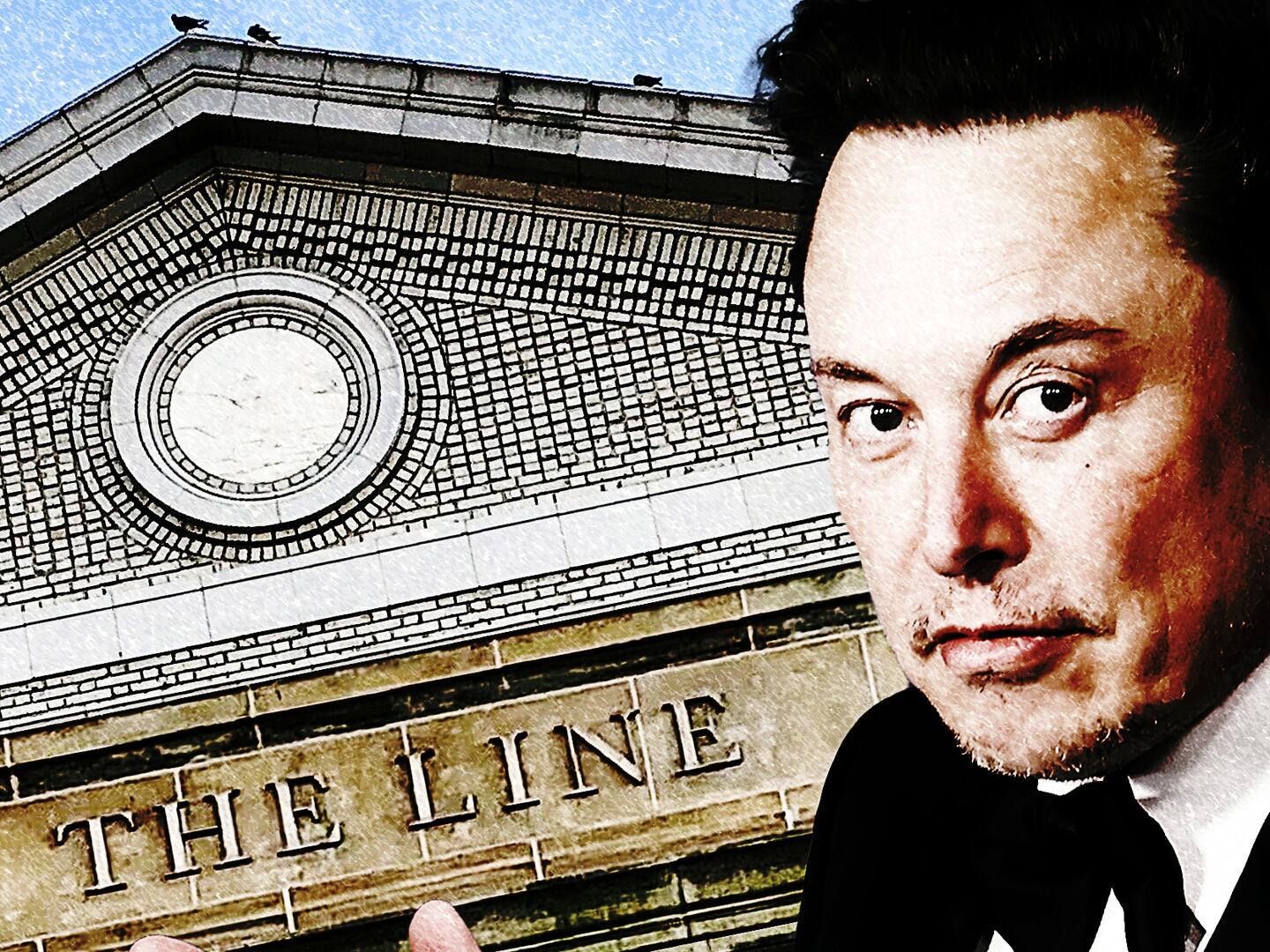World
Photo Illustration by The Daily Beast
The Men Behind the Infamous Fake North Korean Twitter Account
NO NEWS IS GOOD NEWS
The DPRK News Service is not actually the DPRK’s news service—but it’s the closest peek behind the curtain we may get.

Trending Now





